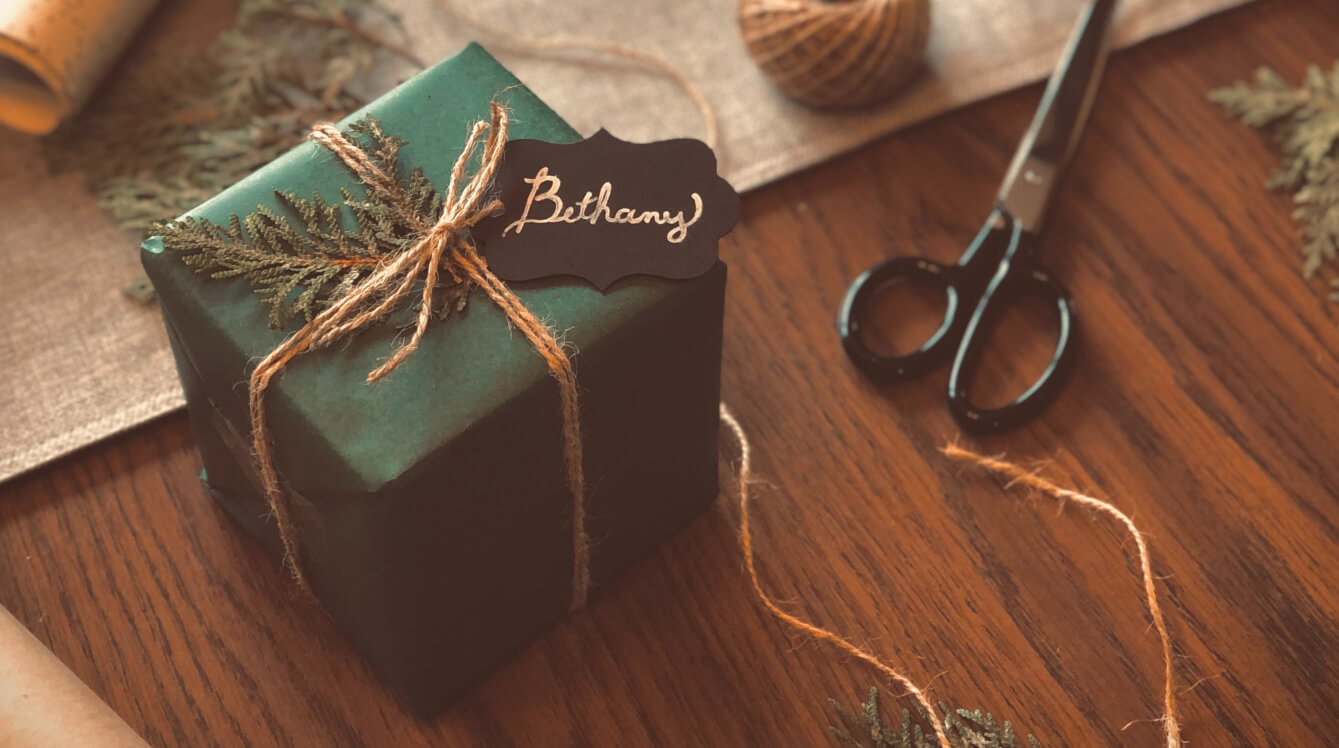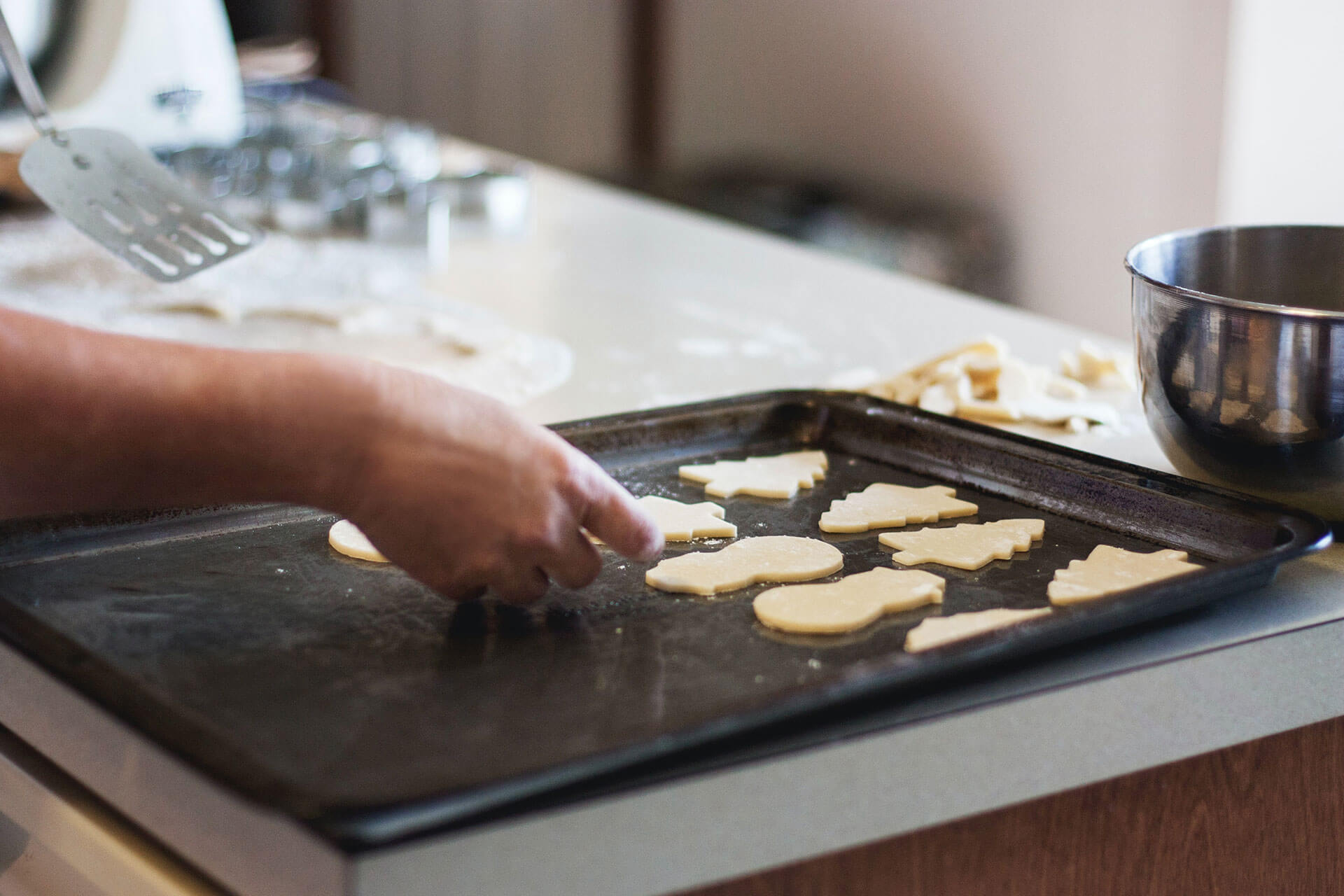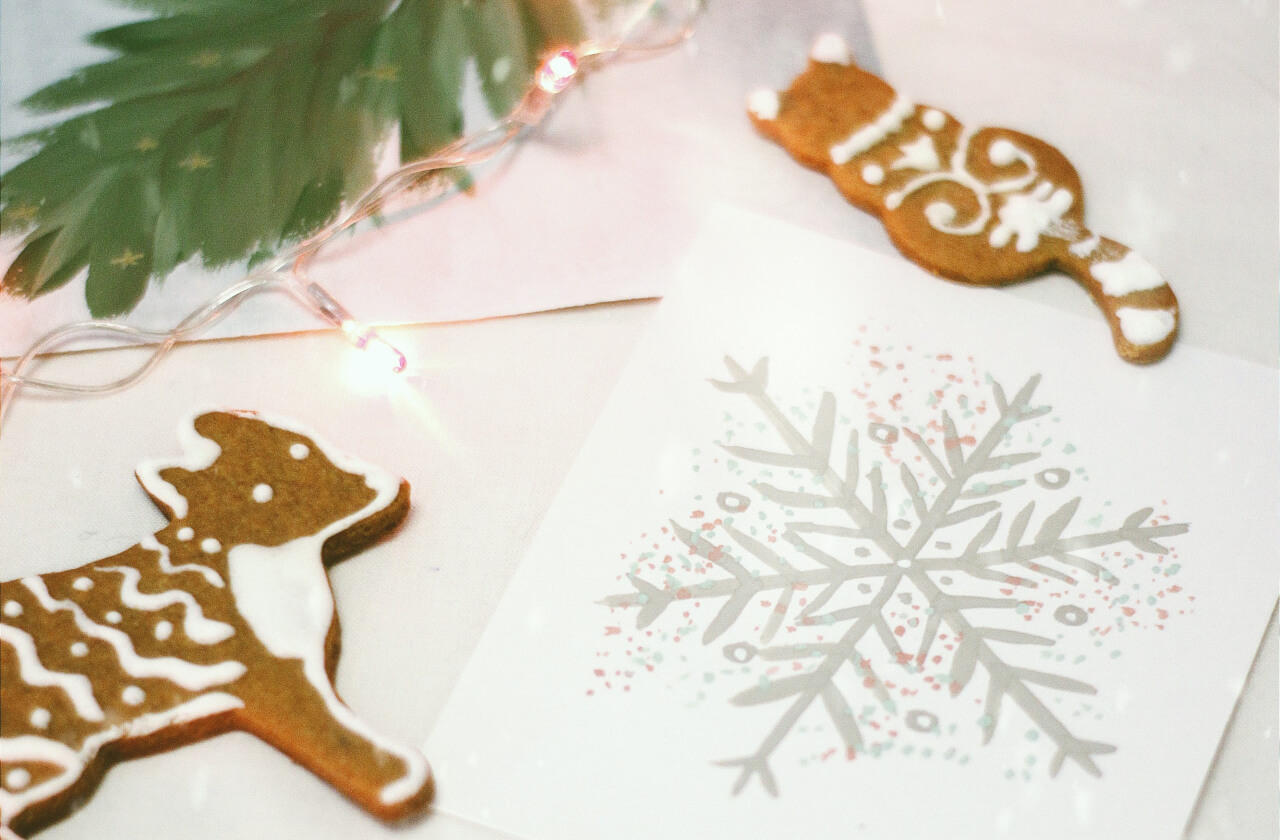Now more than ever we’re aware of the negative effect we’re having on the environment.
So it’s really important we do as much as we can to help save the planet – including at Christmas time.
And there’s lots to do: the UK produces an additional three million tonnes of waste at Christmas.
I was shocked when I discovered this – and that, on average, each household throws out three-and-a-half rubbish sacks of packaging from toys and gifts.
Thankfully, there are lots of things we can do to cut down on waste at Christmas without missing out on festive magic.
To help get you started, I’ve put together my top 10 tips for buying sustainable gifts.
As well as saving the planet, I hope they’ll help you stick to your budget – and get more satisfaction from your Christmas shopping.
Let’s get going!

1. Shop local
Look for gifts that have been made in the same town or region you live in. Lots of the things we buy have been transported around the world, adding to the environmental cost.
Local businesses have never needed our support more, and you’ll be buying unique presents that have been made with love and care.
When buying presents from shops near your home, it’s better for the environment if you can either travel there on foot or take public transport rather than order online.
Remember to take a reusable shopping bag with you!
If you have to drive to the shops, consider whether you getting in the car or the gifts being posted to you would involve fewer miles being driven.
When buying online, use as few websites or sellers as possible so there are less delivery vehicles having to travel to your home.
2. Buy less
In the past, I’ve fallen into the trap of buying lots of little gifts rather than one larger present – especially when I’ve been in panic-buying mode.
No matter how hard you’ve tried to buy things they’ll love, it’s likely your recipient won’t actually want or need at least one of the presents you’ve given them.
In fact, about £42 million-worth of unwanted Christmas presents end up in landfill each year.
If you buy less things, you’ll be reducing waste – and you can put more time, money and thought into an extra-meaningful larger gift.
3. Buy second-hand/re-gift
There was a time when it was a social no-no to give anyone a second-hand or ‘re-gifted’ item, but times have changed.
Now most people will be very appreciative of a ‘pre-loved’ present.
Charity shops, antiques emporiums, bric-a-brac stores and online retailers are full of treasures waiting to be found.
With no additional resources needed to make the presents you buy – and less stuff ending up in landfill – you’re being super kind to the environment.
You might also be donating much-needed money to charity…and it’ll cost you less than buying new.
If you’re worried your recipient won’t appreciate why they’ve been given a second-hand present, include a note explaining that it comes at no cost to the environment.
My bet is they’ll totally understand where you’re coming from and be touched by your thoughtfulness.
Conversely, if you’re given a present you don’t want or need, consider passing it on to someone who will use it, donate it to charity or sell it on.
Try not to feel guilty – I always think it’s better that an unwanted item is used rather than gathering dust in a cupboard or being thrown away.

4. Give handmade presents
If you have the time (will and ability!), making at least some presents yourself is a great way to help the environment, especially if you source sustainable ingredients and/or craft materials.
Whether you bake, sew or stick, your friends and family will really appreciate a handcrafted present.
If making your own isn’t an option, Etsy is a great place to look for ethical, handmade products from local sellers.
5. Grown your own
The keen gardeners amongst you might consider growing plants and winter flowers to give as a homemade bouquet and a beautiful, personal gift.
Or if you’re buying flowers, look for those that are in season and grown in the UK – both greenhouses and the transportation of flowers across the world use significant amounts of energy and damage the environment.
6. Buy gifts that last
When we’re dashing around the shops it’s easy to fall into the trap of buying throwaway or jokey presents, forgetting all the energy and materials that have been used to produce them – and that they’ll most likely end up in landfill.
So make sure your gifts will last for a long time and be valued by your recipient.
7. Buy ‘green’ presents
When buying new items for your loved-ones, look out for products made from recycled and/or sustainable materials.
It’s also worth looking for gifts that are free from plastic and/or are compostable.
Ethical logos like Fairtrade and the Rainforest Alliance make ‘green’ items easier to spot.

8. Don’t buy presents that need batteries
Batteries are harmful to the environment if they end up in landfill, so, if at all possible, don’t buy gifts that include or require them.
9. Encourage others to be more environmentally-aware
A beautiful handmade shopping bag, a reusable coffee cup or a book on the environment could become a much-loved present for a friend or member of your family – and inspire them to think more carefully about the effect their buying habits have on the planet.
10. Give time and experiences
Giving the gifts of your time or expertise removes the risk of unwanted presents ending up in landfill and saves you money.
Alternatively, experiences such as a day out, music lessons, a garden membership or a spa day voucher will create long-lasting memories as well as be enjoyed at the time.
—
I hope these tips help inspire you to create a more sustainable Christmas this year.